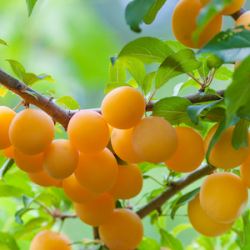
Three farmers in Nebraska just plead guilty to a food fraud scheme
in which they were selling conventionally grown corn and soybeans as
organic. They pulled off this scheme from 2010 to 2017 and made nearly
$11 million in the process. How could they get away with it for so long?
For starters, nobody can tell the difference between conventional and
organic food. It's not as if organic corn and soybeans look, smell, or
taste differently compared to their conventional counterparts. So, the
only way to catch food fraud is by doing a chemical analysis. In this
case, the analysis would look for the presence of pesticides that are
banned according to organic agriculture's (completely arbitrary) rules.
These rules are supposedly enforced by the National Organic Program
(NOP), which is part of the USDA. Obviously, it isn't doing a
particularly good job. According to the Washington Post:
"[T]he [organic food] system suffers from multiple weaknesses in enforcement: Farmers hire their own inspection companies; most inspections are announced days or weeks in advance and lack the element of surprise; and testing for pesticides is the exception rather than the rule."
In other words, the USDA's policy is just to trust farmers and
suppliers if they say their food is organic. As a result of such a lax
attitude toward regulation, food fraud occurs, not just with homegrown
crops but with imported ones, as well.
The organic industry is built upon a gigantic lie: that is, the
notion that "natural" farming methods are safer and healthier while
"unnatural" methods are dangerous. Worse, the organic industry perpetuates a myth
that it does not use pesticides, when it absolutely does. It should
surprise no one, therefore, that such a deceptive industry would attract
its fair share of hucksters.
Tags:
No comments:
Post a Comment